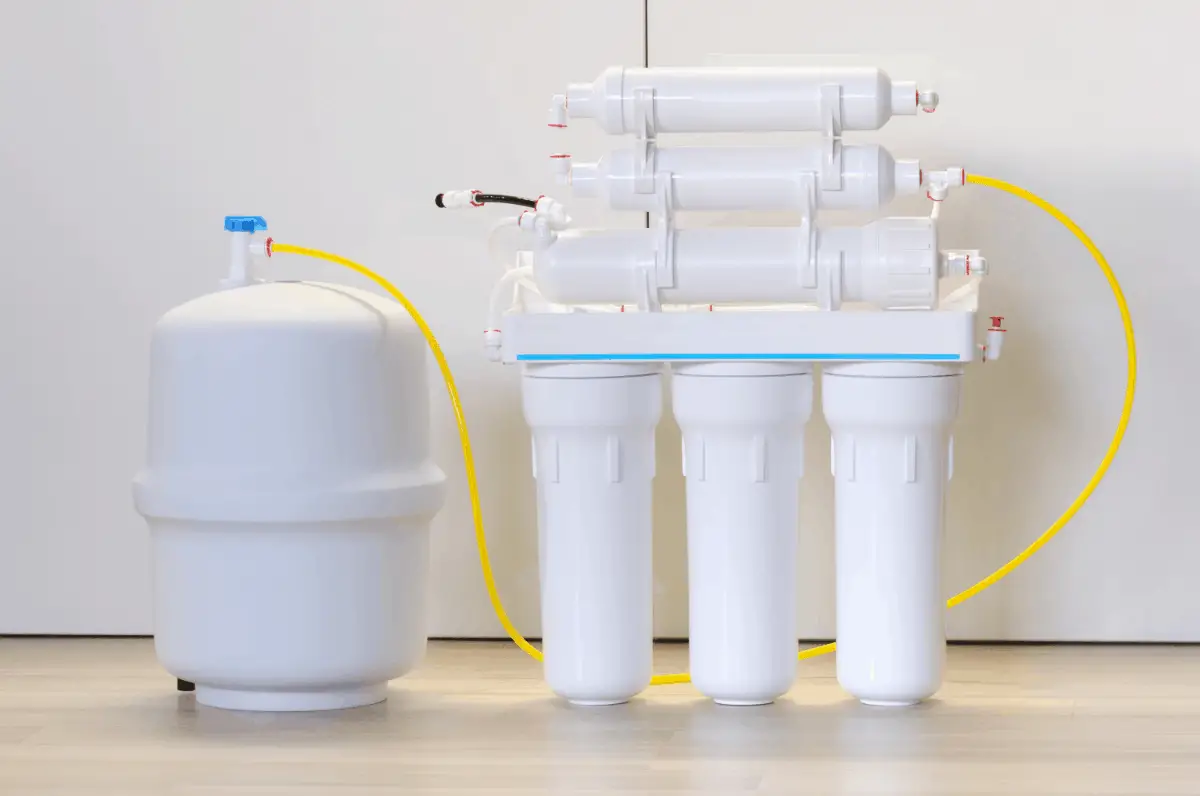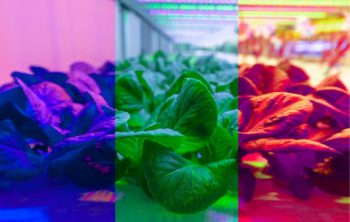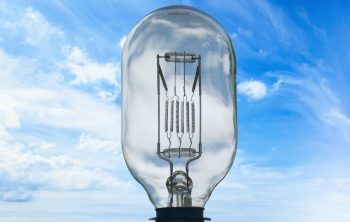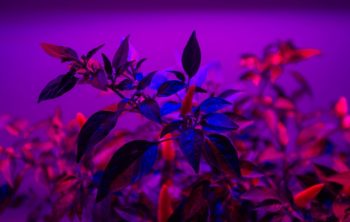Growing plants in a hydroponic system will require water. For your garden plants to grow healthy and disease-free, they will need to get access to clean water. A reverse osmosis system guarantees that you will never run out of pure water in the garden.
Finding the best reverse osmosis system for hydroponics can be a bit of a snag, especially if you don’t know what to look out for when shopping for one.
Your plants aren’t the only ones to benefit from a water purification system, a new unit in the home, will also be of benefit to you. Before we get into our best selections of a reverse osmosis system, we will like to share with you our buyer’s guide and frequently asked questions. So you can be well informed to make your choice.
Buyer’s Guide
Knowing the features to look out for when shopping for a new reverse osmosis system for your garden will save you from ending up with a product that you will regret buying.
When shopping for a reverse osmosis system, you want to look out for
-
Amount of Water Used
The amount of water that gets wasted is one of the things you want to consider in your water purification system. In commercial hydroponic systems where seawater is used, you will need a large amount of water to reduce the salt that gets into the grow bed.
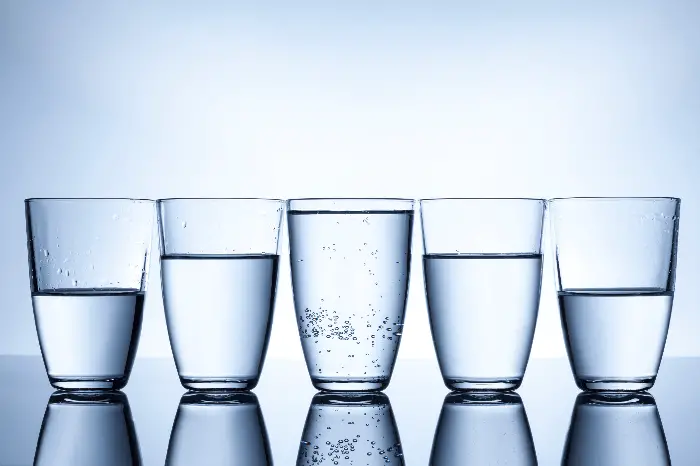
Newer models of the reverse osmosis system make use of a little amount of water, thus saving you the extra cost on the water bill at the end of the month.
-
pH Level of the Unit
The pH level is also one feature you want to look out for when shopping for a reverse osmosis system. Most reverse osmosis systems work by reducing the pH level of the incoming water; this means that they can work with water from any source.
The reduction in the pH levels of the water changes its taste. While it is safe to drink, you might want to use a remineralization unit to add minerals to the water that can influence its taste.
-
Installation of the Unit
You also want to consider if the unit is easy to install. Most of the home units can be put together by following the manufacturers manual, so you may not need the services of a professional. You want to make sure that you will not be making additional expenses since the best units are usually on the high side. Before leaving the store or completing your online purchase, you should check that all the equipment for installation is in the unit.

-
Taste of the Water
All reverse osmosis system aims to improve the quality of water. You need to ensure that the water is safe to drink and use for cooking. Even though you are purchasing the unit to use in your garden, and will not be drinking from it, you want to ensure that it does not taste funny.
It doesn’t matter the brand or how much the unit cost, water purification systems were designed to make water taste sweet. So you should expect nothing less.
-
Purification Stages
You also need to take into consideration the different stages of purification. Most units are designed to provide up to seven purification stages. The number of purification stages doesn’t necessarily affect the quality of water. So you should be okay with a product that offers at least five stages of purification.
-
Amount of Sediments
The TDS or Total Dissolved Solid measures the number of sediments contained in drinking water. The common sediments include organic minerals such as chlorides, sulfates, magnesium, and potassium. A good reverse osmosis system should be able to remove more than 90% of sediments from your water.
Reverse Osmosis for Hydroponics FAQs
-
How Does Reverse Osmosis System Work?
The working principle of water filtration systems differs depending on the design. Most reverse osmosis systems are designed with extremely tiny pores for the passage of water only. The filtration is made possible with the help of the membrane that helps to keep out the sediments and impurities.
-
Do You Need a Reverse Osmosis System for Your Drinking Water?
The truth is that there is nothing wrong with drinking tap water, especially if it is from a clean source. The decision is left to you since there are many cheaper options for a water purification system. A tabletop water filter can be used to improve the quality of water in the home. A reverse osmosis system will be a better addition if you have an indoor water garden. This way, you and your plants never run out of clean water.
-
Is Reverse Osmosis Water Safe to Drink?
Yes, the unit functions as a water filtration system that improves the quality of water. Although the water may be missing some minerals, it doesn’t in any way pose a threat to your health.
-
How Often Should I Maintain My System
RO systems are easy to use and require minimum maintenance. Regular maintenance will need to be done every six months and usually involves changing the water filter or membrane. You don’t need to hire a maintenance expert, you can get the job done yourself without stress.
Best Reverse Osmosis System for Hydroponics
Now that we have shed light on what to look out for when shopping for an RO system, and some frequently asked questions, we can now check out our selection of the best reverse osmosis system for hydroponics.
APEC Top Tier Ultra Safe
APEC is a household name when it comes to quality reverse osmosis systems. The Top Tier Ultra Safe is one of the best products in the collection. The units are designed to be compact and portable, Making it a good addition to your kitchen cabinet. Made in the USA, each unit is designed to meet all the necessary quality checks. It features a chrome coated faucet with stainless steel teeth that prevent leakage in the system. It eliminates contaminants such as chlorine, lead, chromium, arsenic, and toxic fluoride.
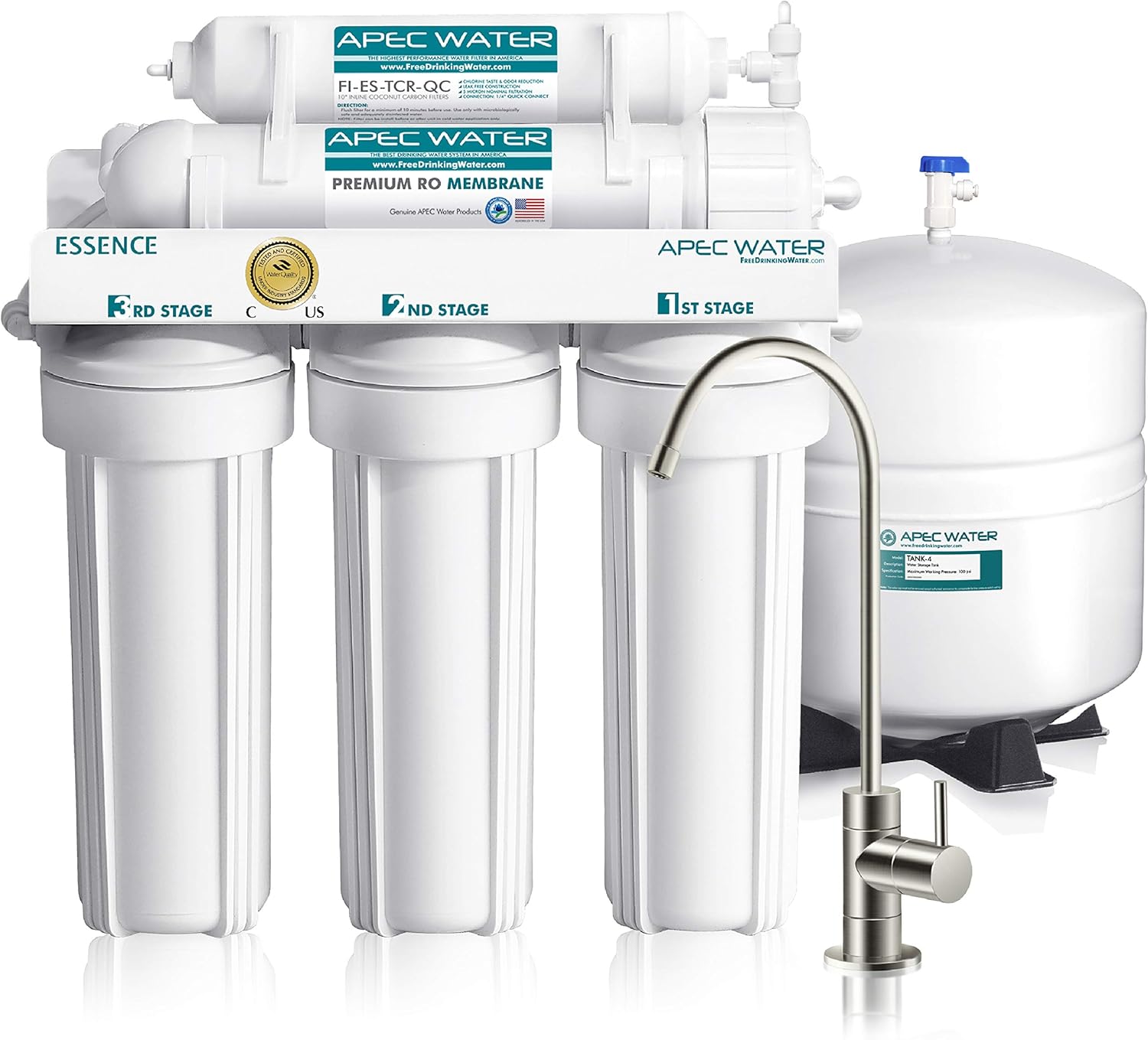
| Pros | Cons |
|---|---|
| Portable design | Use up a lot of water |
| Fitted with double carbon block system | |
| Easy to maintain | |
| Easy to setup | |
| Durable | |
| Leak-proof design |
iSpring RCC7
The iSpring RCC7 makes use of a 5 stage filtration system to eliminate sediments and contamination in your hydroponic system. The unit measures at 18 inches which makes it possible to fit into tight spaces. The brass body design of the faucet is lead-free and highly durable. So you don’t have to worry about the unit not lasting long. The 5-stage filtration system eliminates large contaminants and chlorine from the 3-stage filtration. The final stage is where the polishing takes place to add sweetness to the water. The water tastes funny when the unit is newly installed and will take a while for the taste to improve.

| Pros | Cons |
|---|---|
| Durable | Bad taste |
| Compact design | |
| Easy to Assemble | |
| 5-stage filtration | |
| Easy to Maintain |
Home Master TMAFC Artesian
This RO system is different from many traditional systems. The fittings and tubings are large and are capable of producing clean drinking water for you and your plant. The 7-stage filtration system is responsible for the quality output that the Home Master TMAFC Artesian is known for. It features a strong carbon-based media that is capable of separating heavy metals and contaminants. The remineralization system helps to balance the pH levels in the water, while the filter is designed to prevent leakage. The only downside of the unit is that it is difficult to change the filters.

| Pros | Cons |
|---|---|
| Strong design | Difficult to maintain |
| 7-stage filtration | |
| Remineralization system | |
| Large tubings | |
| Easy to setup |
Hydro-Logic 31035
The Hydro-Logic is designed to produce up to 100 gallons of clean water daily. So you don’t run out of clean water for your hydroponic system. The unit is relatively easy to set up and does not require any specific tool to assemble it. You can put it together by following the manual that comes with the product. It features a filter system that can reduce more than 98% of contaminants in tap water, providing you with a clean source of water for drinking and cooking.

| Pros | Cons |
|---|---|
| Easy to assemble | Poor filter system |
| Durable | |
| Produces 100 gallons of water | |
| Easy to change the filter | |
| Wastes less water |
EcoPure ECOP30
The ECOP30 from EcoPure also makes it on our list of best reverse osmosis system for hydroponics. It is made in the USA under strict conditions. It is certified by the National Sanitation Foundation (NSF) for eliminating water contaminants such as chlorine, sediments, lead, and chemicals. It is easy to install and you don’t need special tools to change the filter. It features a led faucet light that illuminates when it is time to change the filter.

| Pros | Cons |
|---|---|
| Durable | Poor-fitting filters |
| Led faucet light | |
| Easy to install | |
| Easy to maintain |
Our Recommendation
Finding the right reverse osmosis system for your hydroponic unit shouldn’t be a difficult task once you know what to look for in a quality product. You can do this by checking our buyer’s guide and frequently asked questions for any information you may need. You can also let us know in the comment section if we can be of any assistance.
FAQ’s
Which is better reverse osmosis or water softener?
The better option between reverse osmosis system and water softener will depend on your needs. Reverse osmosis will filter your water as well as soften it a little. In fact, reverse osmosis is one eco-friendly filtering system that does not make use of chemicals.
On the other hand, a water softener will reduce water hardness. When your water is hard, there is a high presence of magnesium and calcium ions. This can cause dry skin and hair, faded laundry, water spots on glasses, and clogged pipes. A water softener will replace calcium and magnesium with sodium ions through the means of ionization.
Therefore, reverse osmosis will be beneficial to you if your water needs filtering, while a water softener will favor you if your water suffers from water hardness.
Basically, they cannot be replaced by each other. Reverse osmosis system and water softener are simply significant combinations if you want extraordinary water.
Can I use reverse osmosis water instead of distilled?
You can use a reverse osmosis water system instead of distilled water. The reverse osmosis system filters water through membranes and reverses osmosis water is free of chemical.
Both reverse osmosis systems and distilled water are used to filter water and provide clean water for drinking. However, only a reverse osmosis system is ideal for residential purposes.
Distilled water is a procedure of boiling water and condensing back to the water. Distilled water is also a way of purifying water. It is even purer than tap water although people don’t really enjoy drinking distilled water because it has been dematerialized.
Also, distillation will not take away volatile chemicals as a reverse osmosis system would. So generally, reverse osmosis water is better than distilled water.
Can I install a reverse osmosis system myself?
You sure can install a reverse osmosis system yourself if you are skillful and have a little mechanical idea. Installing a reverse osmosis system yourself isn’t so difficult or time-consuming.
However, it’s usually better to trust a professional who has adequate knowledge and experience. If you are not so skillful or have a little idea of mechanical knowledge, you should allow a residential water treatment professional to install it for you.
A professional will take into account factors such as your home’s water pressure, overall water quality, temperature, as well as the intervals the holding tank to the faucet. All this information is essential for better comprehension of the maintenance needs of your units.
Do you need a reverse osmosis system with a water softener?
You will need a reverse osmosis system with a water softener because they work hand in hand and are both great combinations for remarkable water.
A water softener will soften your water. On the other hand, the reverse system will filter the water. Making use of just a water softener isn’t ideal because impurities will still be in your water. Also, making use of only a reverse osmosis system will just enhance your hard water a little. Therefore, having the combination of a reverse osmosis system and water softener is ideal.

Josephine is an enthusiastic gardener who loves to spend her spare time tending to her garden. She is passionate about growing her own food, and aspires to one day have her own vegetable garden. Josephine is also an animal lover and often takes in stray cats and dogs. She enjoys spending time with her pets in the garden, and is often seen playing with them or watering her plants. Josephine is an avid reader and enjoys learning about new gardening techniques and plants. She is always looking for ways to improve her garden and make it more beautiful. She is a great friend, always willing to lend a helping hand when needed. Josephine‘s passion for gardening and love of animals make her a wonderful addition to any garden.

